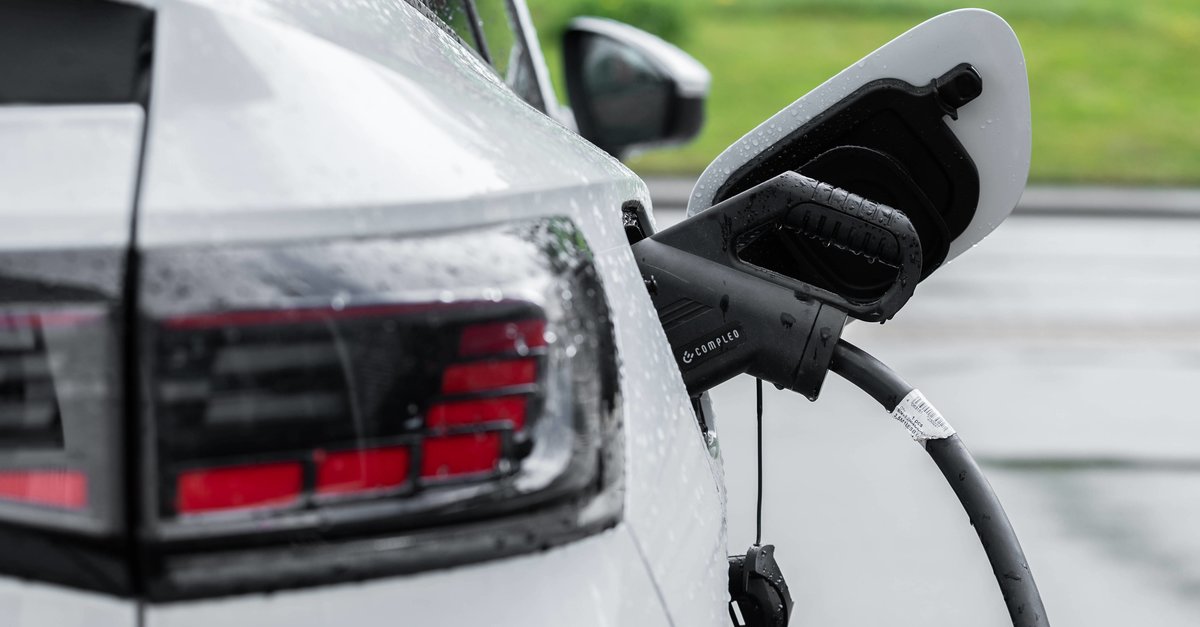That’s how much it costs the German taxpayer
The high environmental bonus has helped e-cars to achieve their real breakthrough. Ideally, buyers can still secure up to 9,000 euros by the end of 2022. But changes are pending even before that, because a scam with the environmental bonus has already cost German taxpayers hundreds of millions of euros.
Business with an environmental bonus: This is how e-car drivers cash in
The rules for the environmental bonus are clear: payment is made when a plug-in hybrid or a purely electric car (BEV) is purchased or leased. Depending on the list price and drive, there is a discount of up to 9,000 euros when you buy it, proportionally as a discount from the manufacturer and as a government subsidy. The sum will be reduced at the turn of the year 2022/2023, and the environmental bonus will be completely eliminated for plug-in hybrids. If you want to keep the money, you have to keep the car for at least six months, with leasing it depends on the contract period.
But these guidelines have opened the floodgates for buyers and sellers to take advantage of the government subsidy. Simply drive an e-car for six months and the seller will take the used car back at almost the new price. In the ideal case, customers earn something more from the environmental bonus, the dealers resell with twice the profit abroad, where used electric cars are in demand.
According to an analysis by the industry consultancy Schmidt Automotive, more than 150,000 electric cars in Germany are said to have been supported with tax funds, of which there is now no trace left on German roads. That corresponds to one Funding volume of a good 250 million euros, which the resellers did not unlawfully obtain, but which were at least not used as intended (source: Handelsblatt).
An example shows how unscrupulous the procedure is in some cases: Murat Gözalan, dealer and head of Autoankauf Live from Duisburg, reports from the branch manager of a southern German bank. He bought two new Teslas every six months and sold them abroad again after the minimum holding period. “He made a profit of 20,000 to 30,000 euros a year”, like Gozalan. “All at the expense of the German taxpayer” (Source: Handelsblatt).
The smaller the environmental bonus, the smaller the cost advantage of e-cars:
Government wants to put an end to the e-car scam
The Federal Ministry of Economics wants to take steps to counteract this. The holding period for e-cars will be increased to one year in order to be able to keep the environmental bonus. If the EU gives the green light, it should Change effective this fall will. According to industry experts, however, it would have been better to have a holding period of two or three years in order to put an end to the resale on the backs of German citizens.



